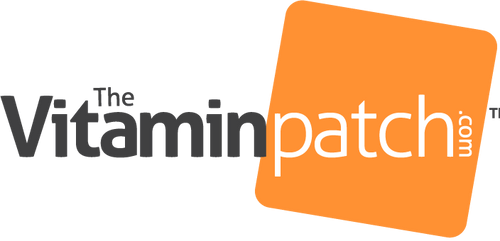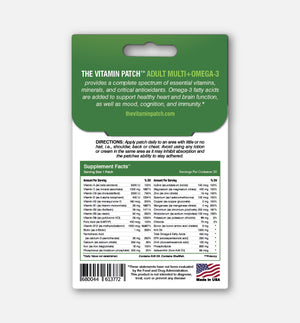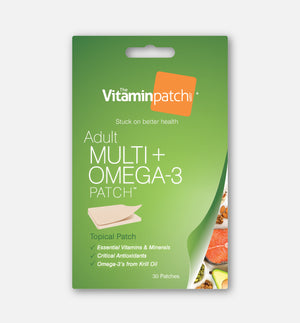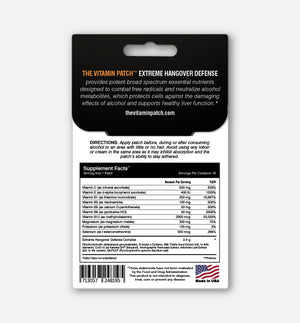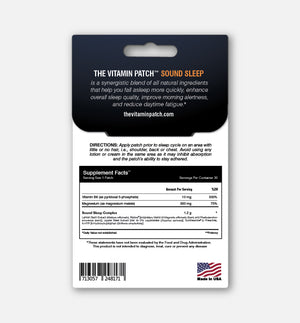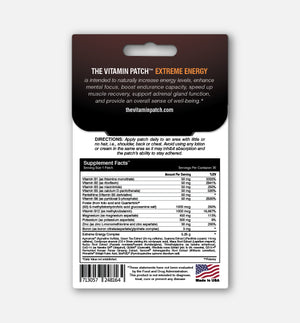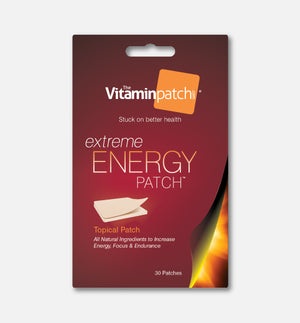Pregnancy is a beautiful journey filled with excitement and anticipation. During this special time, your body needs extra care and attention, especially regarding nutrition, to provide you and your baby with the best possible nutrients!
Our guide will answer common nutritional questions, reveal little-known facts, and share best practices for a nurturing and healthy pregnancy.
Common Prenatal Nutritional Questions:
What should my daily calorie intake be during pregnancy?
As your baby begins to grow more rapidly, it requires additional energy and nutrients, so it is important that you increase your calorie intake to support their development!
First Trimester: Your calorie intake doesn't need to increase significantly.
Second Trimester: Aim to increase your intake by about 340 calories per day.
Third Trimester: Increase by approximately 450 calories per day.
What nutrients are most important during pregnancy?
Folic Acid: Prevents neural tube defects.
Iron: Supports increased blood volume and prevents anemia.
Calcium: Essential for the development of baby's bones and teeth.
Omega-3: Crucial for brain and eye development.
Vitamin D: Supports bone health and immune function.

Little Known Facts:
Choline is vital for brain development and may help prevent neural tube defects, yet many prenatal vitamins do not contain enough. It's essential to supplement with foods rich in choline, such as eggs, lean meats, fish, and cruciferous vegetables, or discuss additional supplementation with your healthcare provider.
Pregnant individuals need about 10 cups (2.4 liters) of fluids daily. Adequate hydration supports increased blood volume, essential for transporting nutrients to the fetus and eliminating waste products. It also helps maintain amniotic fluid levels, crucial for cushioning and protecting the baby throughout pregnancy.
Foods to Avoid:
Raw or Under-cooked Meat and Eggs: Risk of harmful bacteria and parasites.
Unpasteurized Dairy Products: May contain Listeria, which can cause miscarriage.
Some Fish (e.g., Shark, Swordfish, King Mackerel): High levels of mercury can affect the baby's nervous system.
Caffeine: Limit to 200 mg per day to avoid increased risk of miscarriage and low birth weight.
Alcohol: There is no safe level of alcohol during pregnancy; complete abstinence is recommended.
Fluid Intake:
Water: Aim for at least 8-10 cups a day. Staying hydrated helps reduce swelling, prevent constipation, and maintain amniotic fluid levels.
Other Fluids: Include milk, herbal teas, and 100% fruit juices to contribute to your fluid intake.
Dietary Recommendations:
Balanced Diet: Focus on a variety of fruits, vegetables, whole grains, lean proteins, and healthy fats.
Small, Frequent Meals: This helps to manage morning sickness and maintain steady blood sugar levels.
Fiber-Rich Foods: Prevents constipation, which is common in pregnancy.

Guidelines for Prenatal Vitamins and Mineral Supplements:
Folic Acid: 400-800 mcg daily to prevent neural tube defects.
Iron: 27 mg daily to support increased blood volume.
Calcium: 1,000 mg daily for bone health.
Omega-3: 200-300 mg daily for brain and eye development.
Vitamin D: 600 IU daily for immune function and bone health.
Eating for Two:
Quality Over Quantity: Focus on nutrient-dense foods rather than just increasing calories and portion sizes.
Healthy Snacks: Nuts, seeds, yogurt, and fruits are great options to keep energy levels up.
Managing Morning Sickness:
Small, Frequent Meals: Eating every 2-3 hours can help manage nausea.
Ginger: Natural remedy that can help reduce nausea.
Stay Hydrated: Sip water throughout the day, especially if you're experiencing vomiting.
Best Practices for Nutrition:
Listen to Your Body: Cravings and aversions are common, but you should try to satisfy these with healthy alternatives where possible.
Meal Planning: Prepare balanced meals in advance to ensure you're getting a variety of nutrients.
Seek Professional Guidance: Regular check-ins with your healthcare provider to monitor your nutritional status.
For more personalized guidance on nutrition during pregnancy, consult with your healthcare provider. They can provide tailored recommendations to meet your specific needs and help you enjoy this special time to the fullest.
Wishing you a happy and healthy pregnancy journey!
Wishing you a happy and healthy pregnancy journey!
